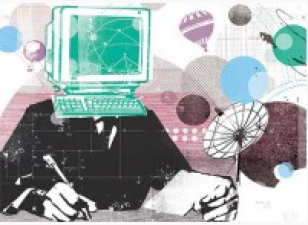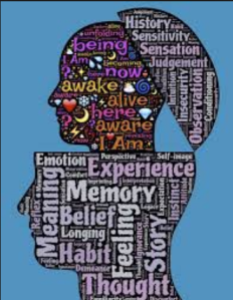
We are caught in a real tug of war within much of what we do in business today; in our responses and reactions to many of the dramatic business conditions we are facing, many deteriorating or being challenged by greater global competition.
We are facing a very uncertain future if we base our actions on past practices. We need a new management model, one where we are pushing to seek increasing new knowledge.
We actually are in urgent need of a new management operating model.
A new management model where we are pushing to seek increasing ‘fusion’ but still want degree’s of separation, we are seeking out ‘flows’ through new knowledge to break down barriers that restrict new insights so as to turn these into new value creation, and we are encouraged to seek out and establish a higher ‘fluidity’ in what we do and reduce the rigidity we presently have in place in our current organizations.
There are growing concerns centered around how we need to adapt our management practices to manage in a digital world, we are grappling with the consequences and we need to find new solutions and approaches. We face issues made up of increasing information overload, coming at us at increasing speed and failing in our abilities to fully interpret this. We lack the agility and flexibility to respond to what this all means in both its implications and potential, for sensing and seizing new value creation from understanding this.
We need a new management practice to deal with our digital world. One real need is for increasing knowledge and then being equipped in interpreting this in our learning, daily routines and activities is becoming paramount to break out of a declining performance cycle.
Applying the three horizon lens to develop new management practices
If you apply the three horizon lens we need to construct management and its performance approaches differently you begin to see the pathway for change.
Continue reading “Fusion, Flow and Fluidity are needed in our Management Practices”
 The more we embrace change and recognize innovation demands more of our time, the more we must seek out knowledge that ‘feeds’ innovation. And the more we ‘push’ for learning, the greater chance we have of thriving in a challenging world.
The more we embrace change and recognize innovation demands more of our time, the more we must seek out knowledge that ‘feeds’ innovation. And the more we ‘push’ for learning, the greater chance we have of thriving in a challenging world.

